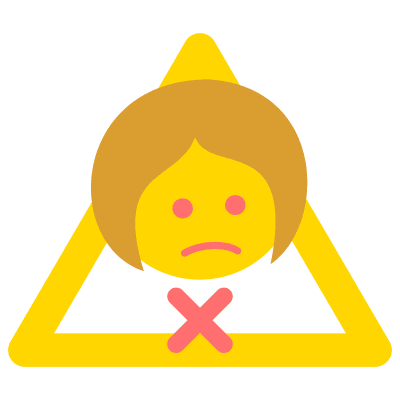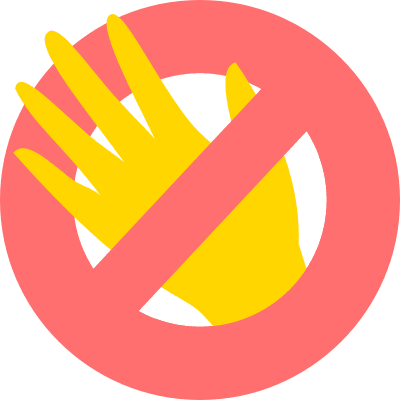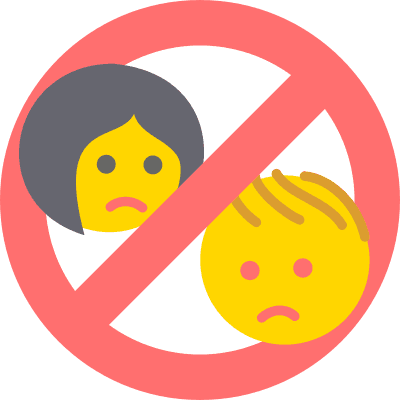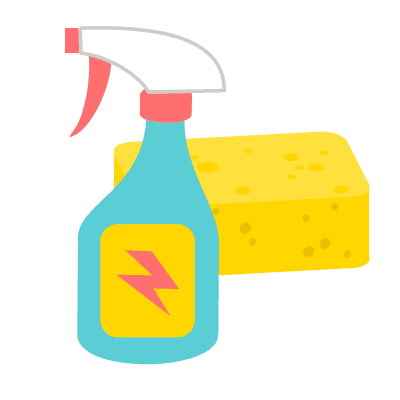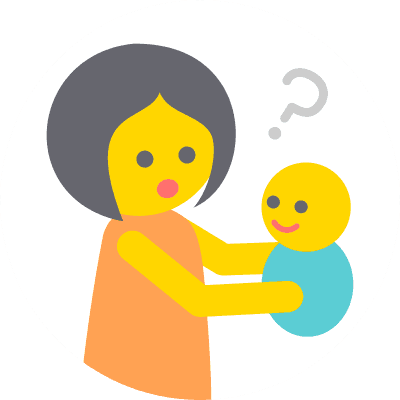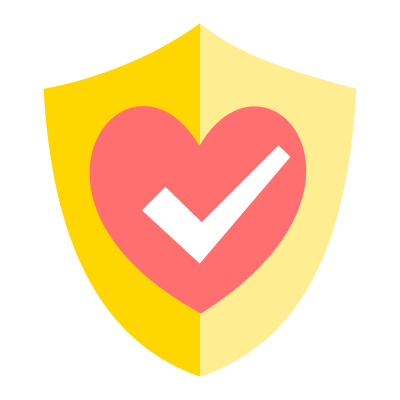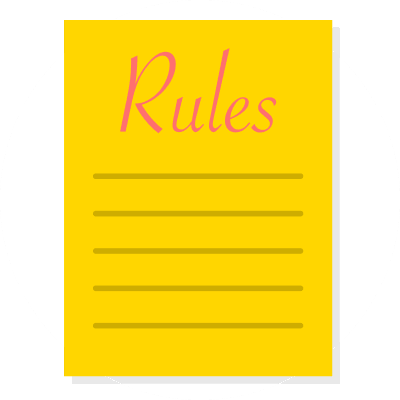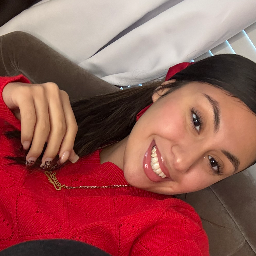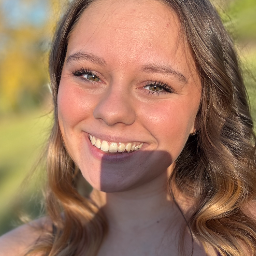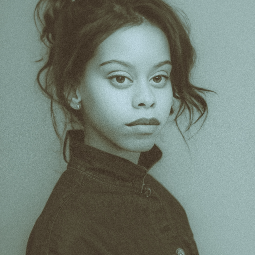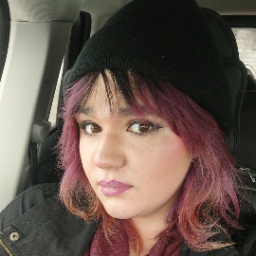Is It Legal to Record a Babysitter? (What the Law Says)


Written by
Matthew James Taylor
Kidsit Founder, General Manager
Having a stranger inside your home can be nerve-wracking. It's tempting to install a hidden camera to watch your babysitter for signs of abuse, neglect, or theft. But is it legal to record them?
Is it legal to record a babysitter? In most places, it's against the law to record someone without their consent if they have a reasonable expectation of privacy. Usually recording someone is legal if they are made aware of it in advance, but make certain to check with your local laws and regulations.
In this article, you'll learn the basic laws that various countries have about recording people with or without their consent. As well as the pros and cons of using a nanny cam, and what features to look for if you decide to get one.
Is It Legal To Record A Babysitter? Here's What The Law Says
Having a hidden camera in your home to watch your caregiver is sometimes referred to as a "nanny cam." But they're for more than just nannies. They can let you monitor babysitters, housekeeping staff, and pet sitters when you're not home. Use of this type of technology is on the rise with cameras being cheaper, smaller, and easier to hide than ever.
Normally these cameras are placed strategically around the house in hidden locations. They might allow you to catch the babysitter in the act of something they shouldn't be doing, but there is also quite a bit of controversy surrounding the use of these devices.
What do laws in different countries say about nanny cams?
United States
In the US, you can legally install a nanny cam and record people in your home in all 50 states, usually even if you don't have their consent in the majority of states.
But you can't record in private areas like the bathroom. Only in common areas like the living room or kitchen. 13 states have laws that require you to inform your babysitter that you're recording them.
Even if you can videotape your babysitter or nanny without consent in your state, some states have separate laws against audio recording people without their consent. About 15 of the 50 US states have such laws.
Canada
Laws in Canada regarding surveillance are more limited than in the United States. You can't keep a recording for too long, and you can't record in intrusive places like bathrooms.
There are a lot more nuances with surveillance laws in Canada though. Usually, you can only record without consent if you have a legitimate concern. It's hard to say what qualifies as a legitimate concern by reading the law, and might not include babysitters.
For that reason, it's best to disclose the fact that you're recording to your babysitter, either with a posted sign or as part of your babysitter's contract.
UK
People in the UK have a reasonable expectation of privacy. Even for cameras used for security purposes, not just to watch your babysitter or nanny.
It's legal to install surveillance cameras inside your home, but you must inform your babysitter that they are under surveillance. You can either verbally tell them or put up a sign.
Telling your babysitter that they're being recorded can be hard, because they might feel like they're not being trusted. It can help to phrase it positively. For example, the camera will be able to prove their innocence if they're ever falsely accused of something.
Similar to Canada, you can only keep the footage as long as it's reasonable. Around 30 days is a good guideline.
You can only use recorded footage for its specific purpose and can't pass it on to a third party. You're also responsible for the recording and might be liable if it ever ends up online or in the hands of someone that shouldn't have it.
Recording audio in the UK has mostly the same restrictions as video. The same rules apply regarding sharing with other parties, and should only be done in areas with less of an expectation of privacy.
Australia
It's illegal to covertly record a babysitter or other contracted person working on your property across all states in Australia.
If you want to use a nanny cam, you'll need to inform your babysitter before they start working. They need to formally accept working while under surveillance, and it's normally best to get this in a written contract.
Legal Summary
If you want to be sure that you're following the law regarding video recordings in your home, it's best to get consent.
When you hire a babysitter, notify them in writing as part of their contract that they agree to be recorded and have them sign to confirm. To be extra safe, you can post signs in rooms where you're recording as a reminder.
Never record in places like bathrooms where everyone has a reasonable expectation of privacy.
Why Is Following the Law Important When It Comes to Nanny Cams?
If you do happen to get evidence of neglect or abuse using your hidden cameras, if you've recorded illegally then the videos can be found admissible and thrown out during a court case. Not only that, but you open yourself up to being sued by your childcare provider for breach of privacy.
Do Nanny Cams Have Any Other Risks?
Many nanny cams are wireless cameras. They send video signal through the air using wifi to a computer or TV.
These signals can be easily intercepted, sometimes from a range as far as 0.25 miles (0.40 kilometers) away from your home.
Many of these wireless cameras don't come with encryption or password protection enabled by default.
What's worse is there's not really any type of law against this type of behavior in most places. Current wire-tapping laws usually only apply to audio wiretapping and not the interception of videos.
That means with a little bit of equipment, someone could be spying on you and watching your most intimate moments inside of your home without your consent. Even worse, it violates the laws regarding sharing of such video in many places, since it's your legal responsibility to keep that data private.
What to Look for When Buying a Nanny Cam
If you do decide to buy a nanny cam, it's important to get one with the right features. Price and quality can vary a lot between different models. Deciding which camera will be right for you really depends on what you need it for and what your budget is.
How Can You Access Your Video Feed?
All nanny cams will record footage, but higher-end models will also let you log in using a web browser to view the video in real-time from anywhere in the world. These types of cameras use WiFi, so it's important to make sure you have enough data available, especially if you'll be recording 24/7. If you are watching the camera on your cell phone a lot, you'll want to have lots of mobile data available as well.
If you don't plan to access the video when you're outside the house, you might want a more basic model where you can just download data when you want to watch it.
How Is the Video Stored?
Surveillance cameras can store their recorded video footage in three main ways. On a PC, on an SD card, or on the cloud.
PCs are good because you probably already have one, and they usually have lots of storage space. But they're also obvious and large, especially if you have cables connected from your camera straight to the computer. It makes them a target that someone can steal or destroy to remove your footage forever.
That's less important for monitoring caregivers, but you likely will also want your camera for security purposes in case someone ever breaks into your home.
SD cards are much smaller and harder to find. Normally they slot right into the camera itself. Even if the camera is damaged, the SD card will keep recordings right up until the last second when the camera was destroyed. A thief might not know to check the camera for an SD card, so you might be able to recover your video from the wreckage.
The downside to SD cards is that they can't hold a lot of video. Usually only a few GB, which will fill up fast, especially with HD video. If you're using an SD card, it's best to set your camera to only record when it detects movements.
Cloud storage is your last option. It's the most expensive and you'll normally need to pay a monthly fee. But it's also the most secure way to store your video. Even if your camera and computer are completely destroyed, any video uploaded to your cloud account will be completely safe.
Someone would have to know who your cloud provider was and guess your username and password to hack into your account to get rid of the video. Otherwise, there's no way for them to remove the evidence.
Should I Make My Nanny Cam Hidden or Obvious?
You can use a hidden camera as long as you inform your babysitter that they're being recorded. You don't need to specifically point out where the cameras are or how they're being recorded. The downside to hidden cameras is that they're easier to remove if discovered, and they might be accidentally bumped or blocked with objects.
You could put more obvious and prominent cameras on your wall or ceiling. These can be great for security purposes because intruders will realize they're being recorded and likely won't stick around for long. But for a babysitter, it might cause a stressful feeling of always being watched.
Reasons To Avoid Nanny Cams
They give a false sense of security. Having a nanny cam might make you feel safe enough that you stop bothering with other forms of basic monitoring or supervision.
Not a good way to prove something bad is happening. A nanny cam is better used to deter possible abuse instead of being used to prove it once you realize it's going on. Giving your babysitter the knowledge that you're recording will probably stop bad behavior before it starts.
Don't use a camera to prove that your child is being hurt or your babysitter is stealing from you. If you see these bad babysitter warning signs just let them go immediately to prevent any further damage.
They aren't always accurate. Cheaper models of cameras don't record in high definition footage. Video can be grainy or only record a frame every few seconds. That leaves a lot of what's happening to your interpretation. If you do use a nanny cam, use one that records in real-time and high-quality video.
It might be illegal. If you don't check your local laws in advance to confirm, your nanny cam might be breaking the law. Especially if you're recording without consent or are recording audio as well as video.
The Pros and Cons of Nanny Cams
Pros
Peace of mind. It can be tough to leave your kid alone with someone else, especially for the first time. A camera can give you some peace of mind and comfort since you can check in and make certain your kids are safe and well taken care of.
It's your right. Your kids are often monitored in schools and daycares. Why shouldn't you provide that same level of safety to your children at home?
Protects both sides against wrongful accusations. If your child has a bruise or a piece of jewelry goes missing and you're suspicious, you can use your video surveillance to confirm before making any baseless accusations. You can avoid making incorrect assumptions and firing an otherwise fine employee.
Young children can't speak for themselves. Older kids can let you know if your nanny is avoiding their duties or breaking the rules (See our list of recommended babysitter rules). But younger kids can't be your "spies" and report back to you if something is wrong. Even if you have friends, family or neighbors periodically check on your kids or see them out in public with your sitter, that only gives you a small part of the whole picture.
You feel more connected. If you miss your kids, you can take a break from your day to check in and see how your kids are doing. For parents that work long hours, it can make you feel less guilty or sad that you aren't with them and you can see that they're happy.
General security. Having a camera inside your home isn't just for watching your babysitter. It could also be useful for collecting evidence and identifying criminals if someone ever breaks into your home to rob you.
Cons
It's creepy. Especially if you don't tell your sitter that you're recording them, it can be unsettling for them to discover on their own. Especially if it's hidden in a clock, stuffed toy, house plant, or somewhere really covert.
It hurts your trust with a babysitter. In addition to just being creeped out, your babysitter might also be a bit offended. It's understandable that they might feel hurt, offended, or violated that you seem not to trust their abilities or intentions. It can also just be embarrassing.
Normally a babysitter won't care that they're being recorded if you let them know in advance. But recording them without their knowledge might lead to embarrassment for them or you. For example, if your baby spits up on them and they get undressed in the kitchen to change. If they ever discover the camera, they might feel like they've been spied on and recall all the times they were vulnerable in your house.
You might be doing it for the wrong reason. Cameras are best used as a deterrent, not to capture evidence when it's too late. Make your expectations clear with the babysitter and speak up right away if you feel like something isn't right.
Nanny cams can be misleading. You might check in and see your baby lying in its crib crying, seemingly being neglected. But you don't realize that the nanny has quickly run to the kitchen to prepare a bottle for them. You might only check in a while your child is sleeping and see your sitter taking a much-deserved break, but miss all the times where they're playing and doing activities together. Basically, you're only getting a snapshot of the overall day.
Nanny Cam Alternatives
You might want to consider some of these alternatives to using a nanny cam. Many of them can give you a similar peace of mind without the invasiveness of a camera.
Have a family member checkup. You can have someone drop by unexpectedly to see what's going on.
Stop by yourself. You can periodically come home on your break or lunch hour to check in on how things are going. You can always say that you forgot something at home occasionally if you need an excuse that doesn't seem like you're just being nosy.
Check your TV. This is a bit random, but you might want to feel the back of your TV to see if it's still warm when you get home. If you consistently come home to a hot TV, your babysitter may just be watching TV all day every time they're at your home.
Talk to your sitter. If anything seems suspicious or if you're curious about why something is a certain way, ask your babysitter and address your concerns. There might be a logical explanation for something that you're worried about. The more questions you ask your provider, the better of an idea you can get about them and how they spend their day.
GPS tracking. This one might be even more creepy and invasive than using hidden cameras, and it might have its own legal ramifications. But you might want to place a GPS tracking device into your baby's diaper bag or somewhere on your child's clothing so that you can see where they've been during the day. If your babysitter says they were at the playground all day but the bag never leaves the house, that might be a bad sign.
Check in by phone. You can call during the day just to see how things are going.
Watch your child for signs of neglect or abuse. If your child has bruises, is more dirty than usual, seems very hungry after being with your sitter, or has a sudden change in personality or emotional state, there might be something going on that you aren't aware of.
Conclusion
You have a right as a parent to monitor the quality of care your kid is receiving. But it's crucial to make sure that you know what the law is when it comes to video and audio recording of your childcare providers.
In most places, the use of video cameras within your home is legal but you're required to inform your babysitter or nanny that you will be recording them.
There are alternatives that you can try before resorting to a nanny cam like checking in by phone, keeping good communication between you and your sitter, and most importantly listening to your gut.
Even if you've installed a nanny cam, you still need to communicate with your sitter every day to see what the children have done, any issues that came up, or plans for tomorrow.
If your babysitter makes you feel uneasy and like you shouldn't trust them, they might not be the right choice for your family, camera or not.
Next:
